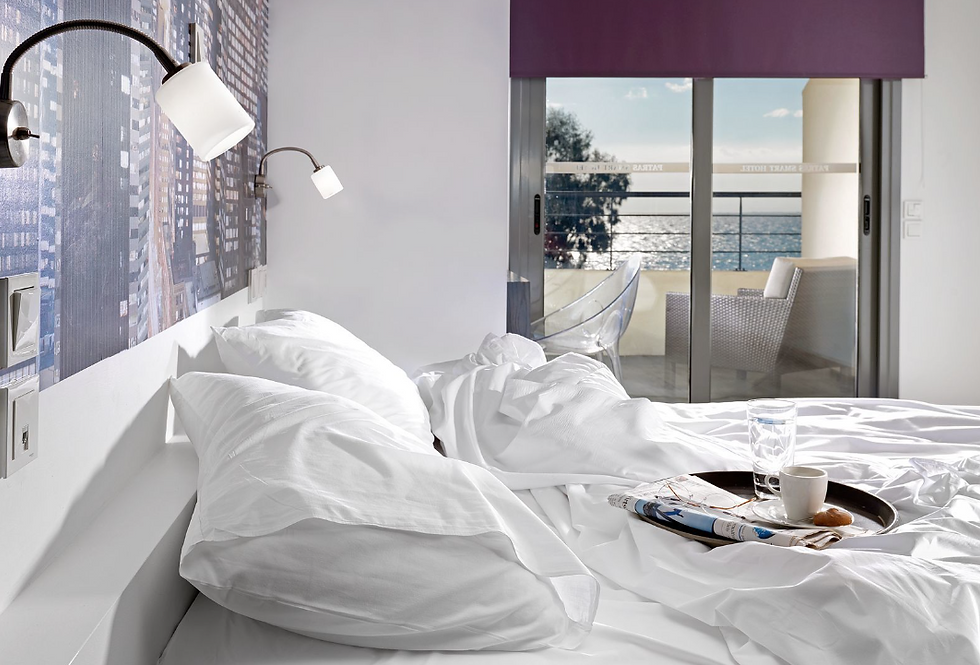The Diva Of Opera Maria Callas
- marilenavlandi
- Jun 21, 2022
- 2 min read
Maria Callas was a top vocalist and the most famous opera diva in the world.
Shortly after the liberation of Greece from the Axis powers, Callas, due to her degradation in the Opera House and in the midst of the war of her colleagues who accused her of collaborating with the conquerors, decides to return to the USA. In order to secure her tickets she gives a farewell show in Athens.
In September 1945 Callas was in New York and started trying to find work initially at the Metropolitan Opera, but she failed to sign a contract.
However, her audition by Opera Director Edward Johnson offers two roles in Beethoven's "Fidelio" and Puccini's "Madame Butterfly". Callas rejects the roles. She does not want to sing "Fidelio" in English, while she feels too big to interpret the ethereal "Butterfly". Her acquaintance with the artistic director of the Arena of Verona, Giovanni Genatello, leads her to Italy.

There, on August 3, 1947, she made her first appearance in the Arena of Verona with "Gioconda" by Amilcare Ponchielli. At the same time she performs as Isolde from the opera "Tristan and Isolde" in Venice under the guidance of conductor Tulio Serafin. At the same time, she met the music-loving Italian industrialist Giovanni Batista Menegini, whom she married on April 21, 1949.
On December 7, 1951, Callas opened the season at La Scala in Milan with the "Sicilian Vespers", a show that brought her great recognition.
Over the next seven years, Skala will be the scene of her greatest triumphs in a wide range of roles. In 1955 she staged the historical performance of Verdi's "Traviata" directed by Lucino Visconti. In 1960 she sang at the Ancient Theater of Epidaurus the opera "Norma" and the following year "Medea" directed by Alexis Minotis. In January 1964, she was persuaded by Franco Cefirelli to participate in a new production of "Tosca" on the stage of Covent Garden. The show is praised by critics and follows the same year a new artistic triumph at the Paris Opera with "Norma". Despite the vocal problems she has begun to face, the Parisian public accepts her warmly.



Comments